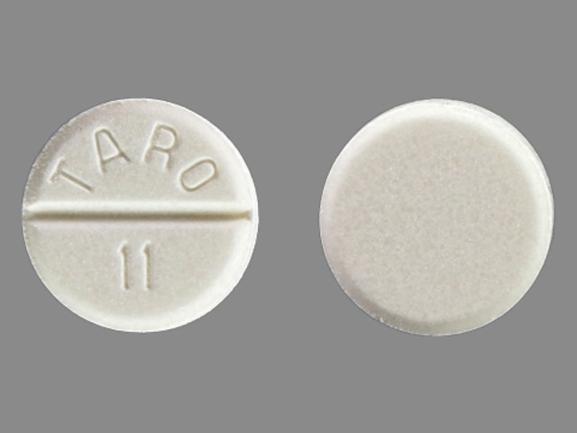Carbamazepine Interactions
There are 799 drugs known to interact with carbamazepine, along with 13 disease interactions, and 1 alcohol/food interaction. Of the total drug interactions, 259 are major, 506 are moderate, and 34 are minor.
- View all 799 medications that may interact with carbamazepine
- View carbamazepine alcohol/food interactions (1)
- View carbamazepine disease interactions (13)
Most frequently checked interactions
View interaction reports for carbamazepine and the medicines listed below.
- Abilify (aripiprazole)
- Adderall (amphetamine / dextroamphetamine)
- Ambien (zolpidem)
- Aspirin Low Strength (aspirin)
- Benadryl (diphenhydramine)
- Cymbalta (duloxetine)
- Fish Oil (omega-3 polyunsaturated fatty acids)
- Keppra (levetiracetam)
- Klonopin (clonazepam)
- Lamictal (lamotrigine)
- Lexapro (escitalopram)
- Lyrica (pregabalin)
- Metoprolol Succinate ER (metoprolol)
- Metoprolol Tartrate (metoprolol)
- MiraLAX (polyethylene glycol 3350)
- Nexium (esomeprazole)
- Norco (acetaminophen / hydrocodone)
- Paracetamol (acetaminophen)
- Prozac (fluoxetine)
- Seroquel (quetiapine)
- Synthroid (levothyroxine)
- Topamax (topiramate)
- Tylenol (acetaminophen)
- Vitamin B12 (cyanocobalamin)
- Vitamin C (ascorbic acid)
- Vitamin D2 (ergocalciferol)
- Vitamin D3 (cholecalciferol)
- Xanax (alprazolam)
- Zoloft (sertraline)
- Zyrtec (cetirizine)
Carbamazepine alcohol/food interactions
There is 1 alcohol/food interaction with carbamazepine.
Carbamazepine disease interactions
There are 13 disease interactions with carbamazepine which include:
- depression
- liver disease
- renal dysfunction
- blood dyscrasias
- history of porphyria
- hyponatremia
- suicidal tendency
- arrhythmias
- anticholinergic effects
- fructose intolerance
- psychosis
- seizures
- thyroid function tests
More about carbamazepine
- carbamazepine consumer information
- Compare alternatives
- Pricing & coupons
- Reviews (352)
- Drug images
- Side effects
- Dosage information
- Patient tips
- During pregnancy
- Drug class: dibenzazepine anticonvulsants
- Breastfeeding
- En español
Related treatment guides
Drug Interaction Classification
| Highly clinically significant. Avoid combinations; the risk of the interaction outweighs the benefit. | |
| Moderately clinically significant. Usually avoid combinations; use it only under special circumstances. | |
| Minimally clinically significant. Minimize risk; assess risk and consider an alternative drug, take steps to circumvent the interaction risk and/or institute a monitoring plan. | |
| No interaction information available. |
Further information
Always consult your healthcare provider to ensure the information displayed on this page applies to your personal circumstances.


